
News



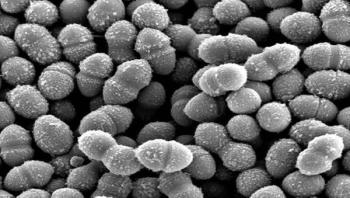
Scientists have discovered a new variant of streptococcal bacteria that has contributed to a rise in disease cases in the UK over the last 17 years. Group A streptococcus causes around 600 million infections annually worldwide. Severe infections can cause necrotising fasciitis, pneumonia, sepsis, or toxic shock, and around 1 in 4 people who suffer an invasive infection do not survive.

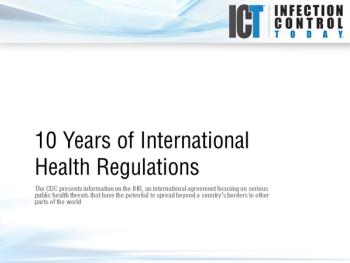




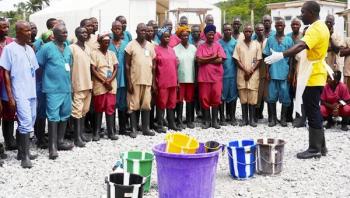
As countries with cases of Ebola virus disease work tirelessly to get to zero cases, efforts are already underway to re-train health workers and return them to the workforce. In May, a pilot training program was completed in Lofa County, Liberia. More than 700 Liberian health workers have completed the program, rolled out by Liberia’s Ministry of Health and the World Health Organization (WHO) in northwestern Lofa County over six weeks. The participants, nearly 70 percent of the county’s healthcare workforce, included doctors, nurses, hygienists, physicians’ assistants, drug dispensers, cleaners, nurses’ aides, vaccinators, clinic supervisors and social workers.


Q: I was recently informed we will be performing surgery on a patient with suspect Creutzfeldt-Jakob Disease (CJD). We were informed that all the instruments should be soaked in bleach or discarded after the surgery. Can you provide some current recommendations on this?A: There has been much attention to CJD over the years. CJD is a rare, fatal neurological disease cause by an infectious protein, hence the term “prion.” The prions are very resistant to all forms of inactivation including regular steam cycles, ETO, gas and vapor phase peroxide, etc. To add to the confusion, there are recommendations from the World Health Organization (WHO), Centers for Disease Control and Prevention (CDC) and the Association for the Advancement of Medical Instrumentation (AAMI) ST-79, Annex C. Some of the recommendations from these different organizations conflict with one another.

Central venous catheters (CVCs) play an integral role in healthcare, however studies have shown that they are among the most frequent cause of healthcare-associated infections (HAIs). Their use is associated with a risk of bloodstream infection caused by microorganisms colonizing the external surface of the device or the fluid pathway when the device is inserted or in the course of its use. The Joint Commission’s CLABSI Toolkit notes that “Employing relatively simple evidence-based practices to reduce, if not eliminate, CLABSIs appears to be within the reach of even resource-limited settings. Within this framework, HAIs-and CLABSIs in particular-are more and more being viewed as ‘preventable’ events.”
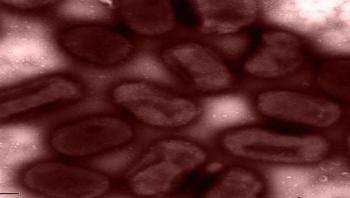
Infections with one of the most troublesome and least understood antibiotic-resistant "superbugs" are increasing at alarming rates, particularly in healthcare settings. But new research, published July 13 in the Proceedings of the National Academy of Sciences Online Early Edition, suggests it may be possible to rein in the spread of such infections without the need to develop new antibiotics, reports a team at Washington University School of Medicine in St. Louis.






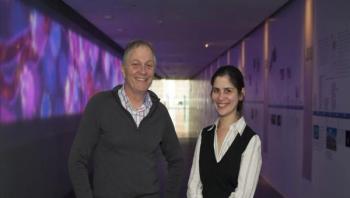
Melbourne researchers have identified a protein responsible for preserving the antibody-producing cells that lead to long-term immunity after infection or vaccination.

Researchers in Ireland confirm that healthcare workers' compliance with hand hygiene guidelines largely relies on workplace culture - from peer and supervisory attitude toward proper protocol and practice to accessibility of necessary supplies like soap and water, and alcohol-based handrubs.



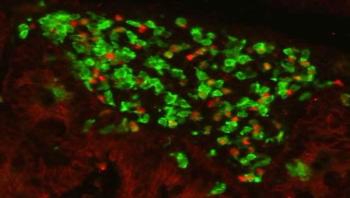
The human body is inhabited by billions of symbiotic bacteria, carrying a diversity that is unique to each individual. The microbiota is involved in many mechanisms, including digestion, vitamin synthesis and host defense. It is well established that a loss of bacterial symbionts promotes the development of allergies. Scientists at the Institut Pasteur have succeeded in explaining this phenomenon, and demonstrate how the microbiota acts on the balance of the immune system: the presence of microbes specifically blocks the immune cells responsible for triggering allergies. These results were published in Science on July 9, 2015.


